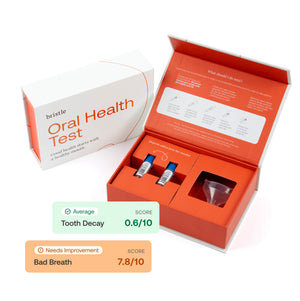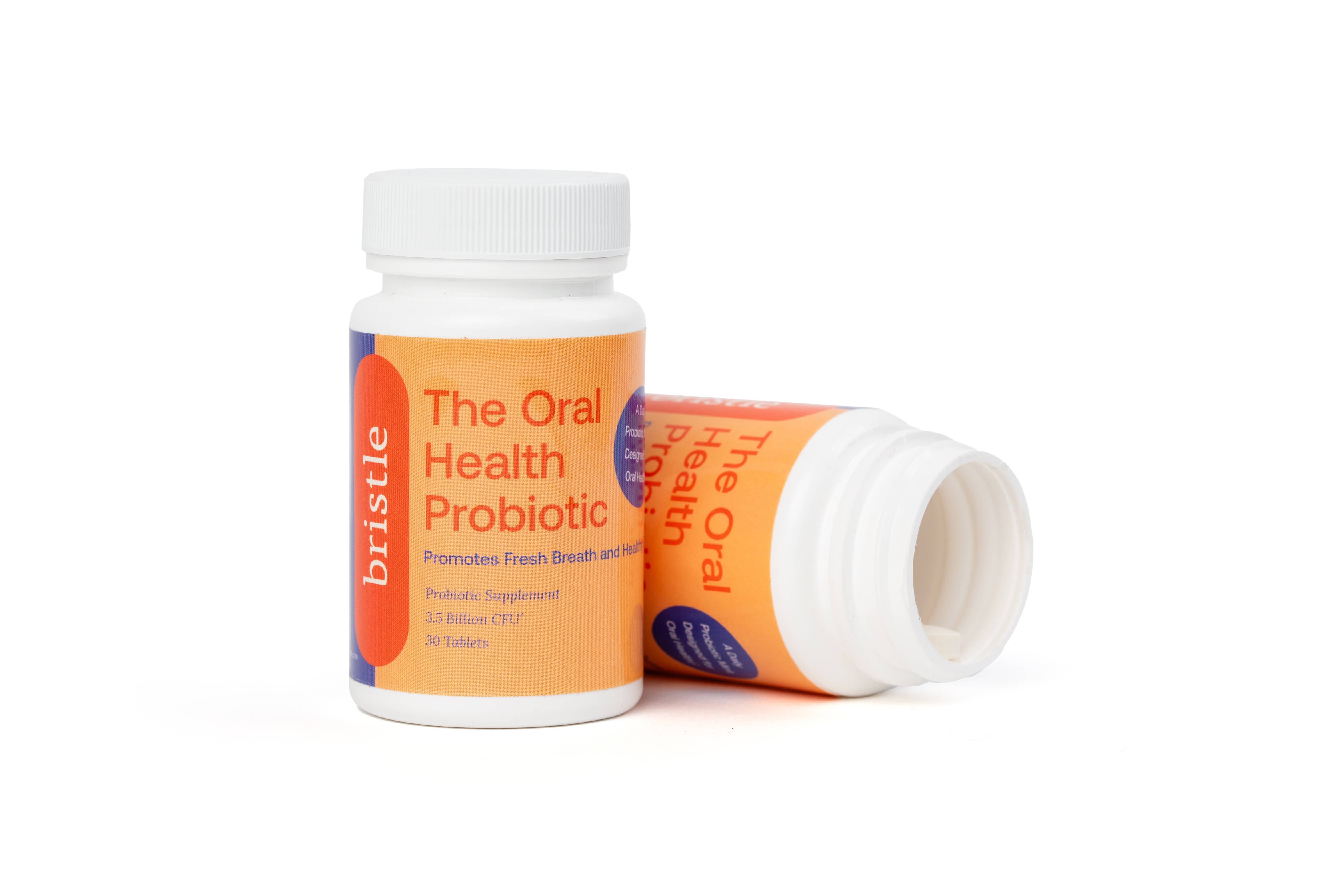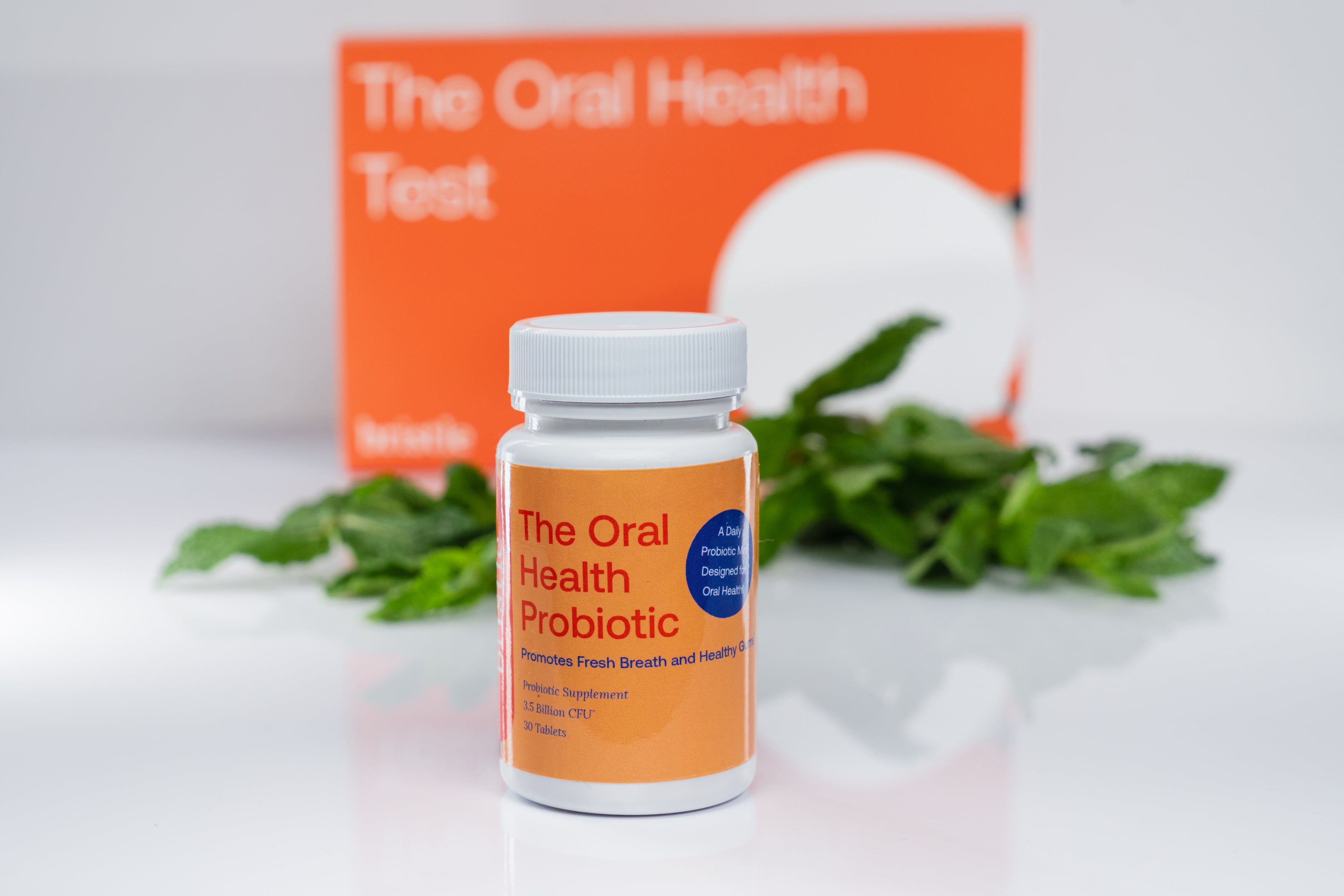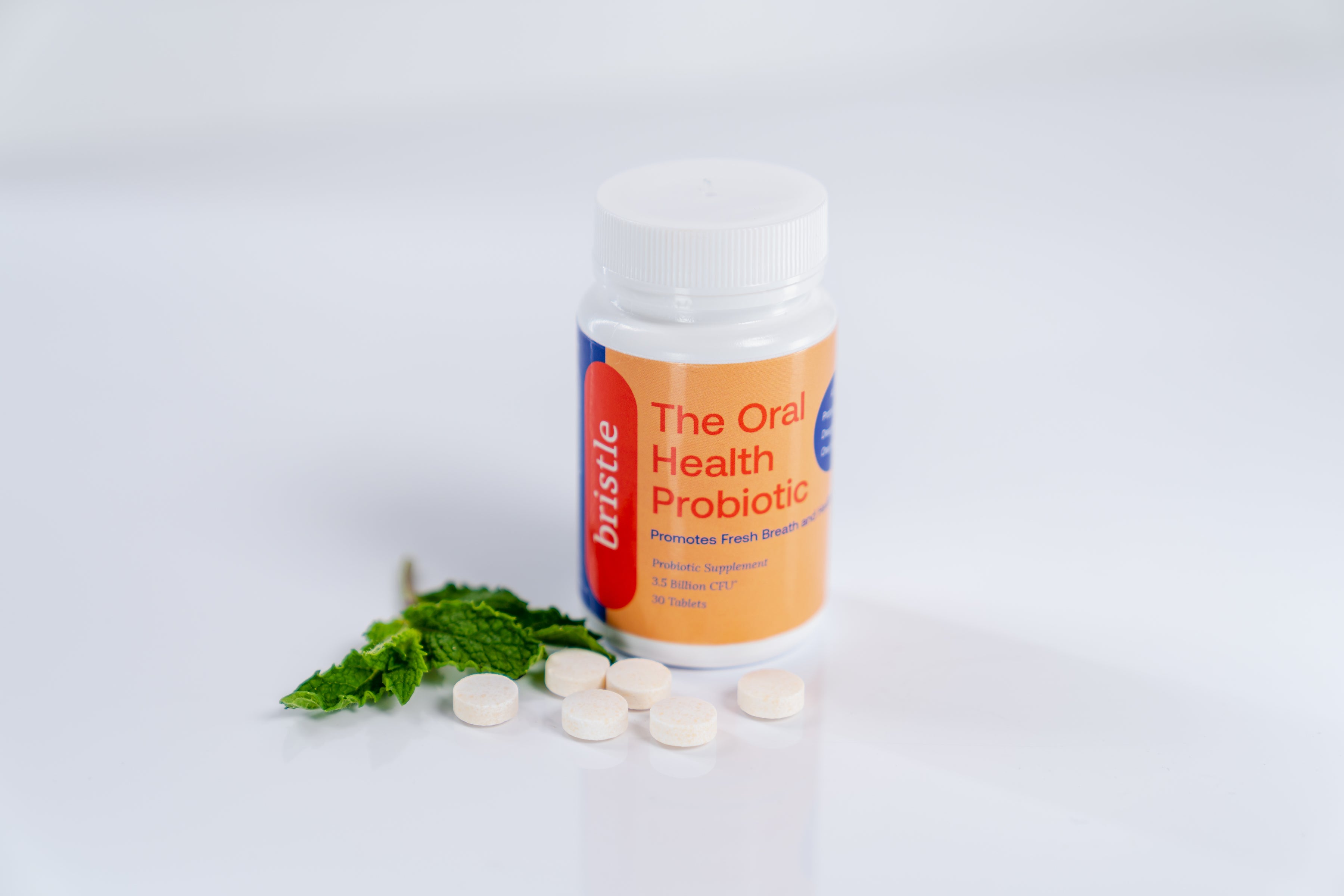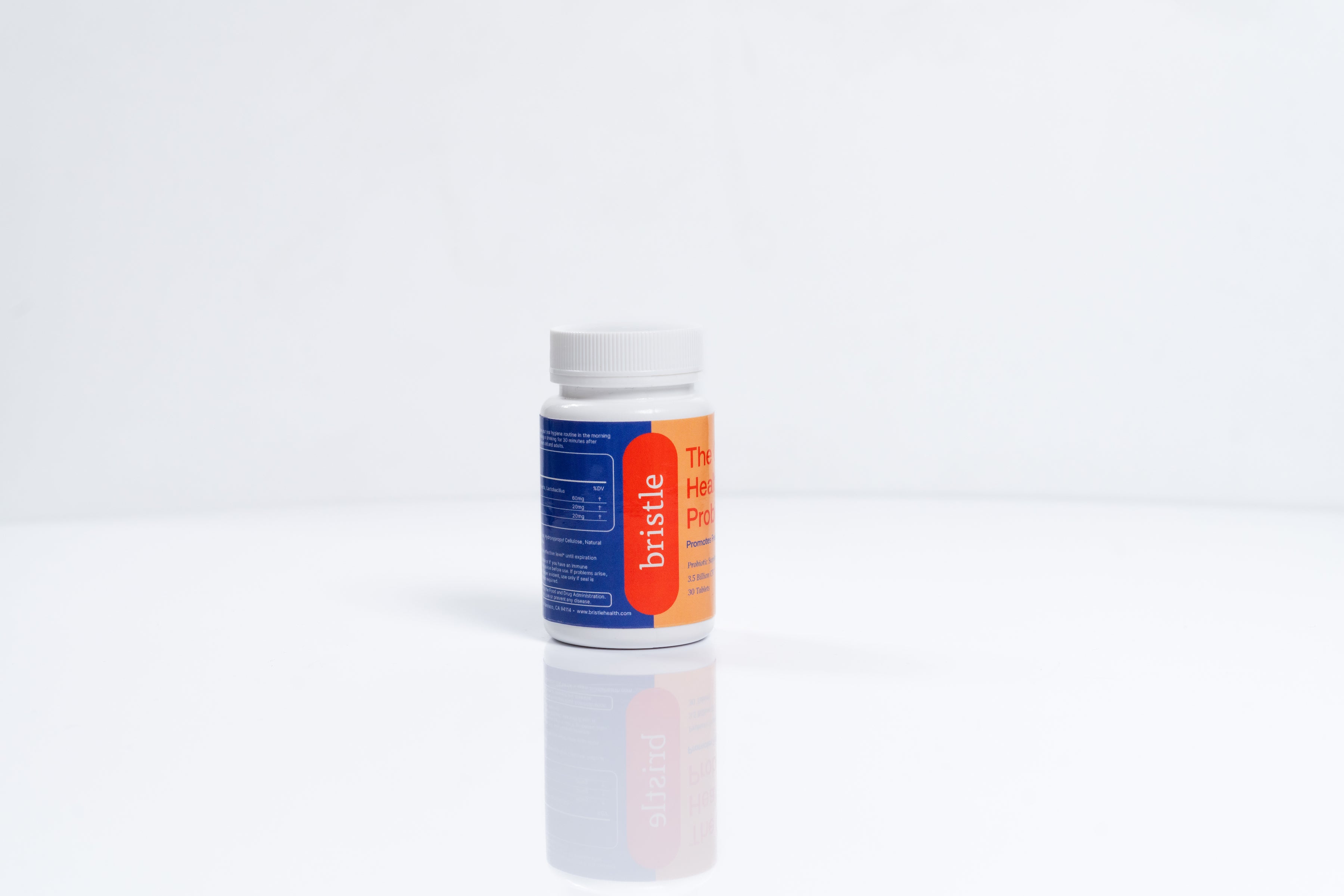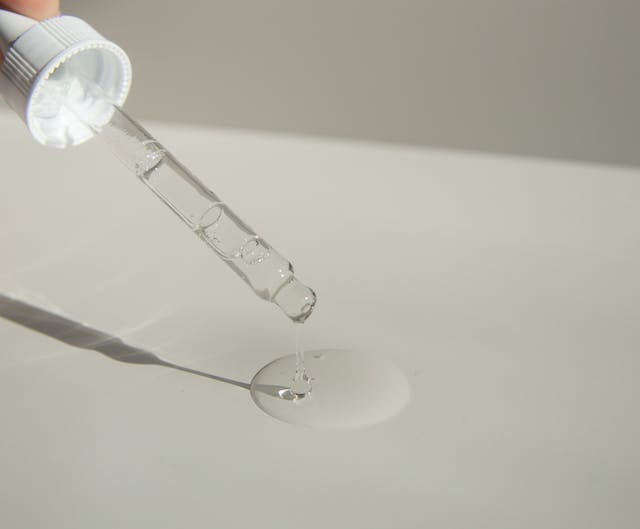Periodontal disease is an extremely common oral condition that affects approximately 47% of all adults in the US. One symptom of periodontal disease is the loss of teeth. You may be wondering how long people with periodontal disease keep their teeth. In this article we discuss trends in periodontal disease research, and how modern medicine has improved prognosis of people with periodontal disease.
What is periodontal disease?
Gum disease comes in many forms, but in most people it starts as gingivitis, a condition where specific infectious bacteria cause inflammation of the gums. Symptoms of gingivitis include bleeding gums, tender gums, and gum redness. Gingivitis is entirely reversible when caught early. However, gingivitis can worsen when ignored, and become periodontal disease.
The bacteria that cause gingivitis can grow into the space between the gums and teeth, also known as the periodontal pocket. Specific bacteria cause tissue damage that can deepen the pocket, allowing more bacteria to grow and cause further damage. The growth of these specific bacteria is due to imbalance of the oral microbiome, also called oral dysbiosis. People with periodontal disease usually have abnormally high levels of anaerobic bacterial pathogens such as Porphyromonas gingivalis, Tannerella forsythia, Treponema denticola, and other known periodontal pathogens.
Periodontal disease is characterized by gum recession, deepened pocket depth, and can lead to damage to the bone that holds teeth in place.
How long can you keep your teeth with periodontal disease?
With the right oral care regimen and maintenance, for your entire lifetime! That’s right, not all people with periodontal disease lose teeth!
In a study from 1978 of 600 people with periodontal disease, half of the participants (300 people) did not lose any teeth at all. 199 people had lost 1-3 teeth, 76 had lost 4-9 teeth and 25 had lost 10-23 teeth. Out of 2139 teeth from the 600 people studied, 666 were lost. In summary, about 31% of the teeth in people with periodontal disease were lost in a 22 year examination period, with half of all participants having no teeth lost at all!
In another study in 2003, tooth loss was examined across a 12 year time span for 156 patients, and only 61 patients had at least one tooth lost or extracted during the study period, roughly consistent with the previous study where 50% of patients had tooth loss.
Surprisingly, about a third of all people over the age of 65 have lost 6 or more teeth. However, the reasons for lost teeth are not always related to gum disease. Cavities and tooth decay can lead to tooth loss.
So will you lose your teeth if you have periodontal disease?
In summary, about half of all patients with periodontal disease don’t lose any teeth! So what’s consistent in those patients who maintain health of their teeth even with periodontal disease?
Who is at highest risk of losing teeth due to periodontal disease?
All of these factors contribute to risk of losing teeth.
Can you cure periodontal disease?
Periodontal disease is a lifelong condition that requires constant maintenance. So no, it cannot be cured due to irreversible bone loss. However, you can limit the extent of the disease by having great oral hygiene, keeping a healthy oral microbiome, and maintaining a healthy diet.
You can read more here about clinically proven ways to reduce the symptoms of periodontal disease, and stop disease progression in its tracks to keep your teeth!

